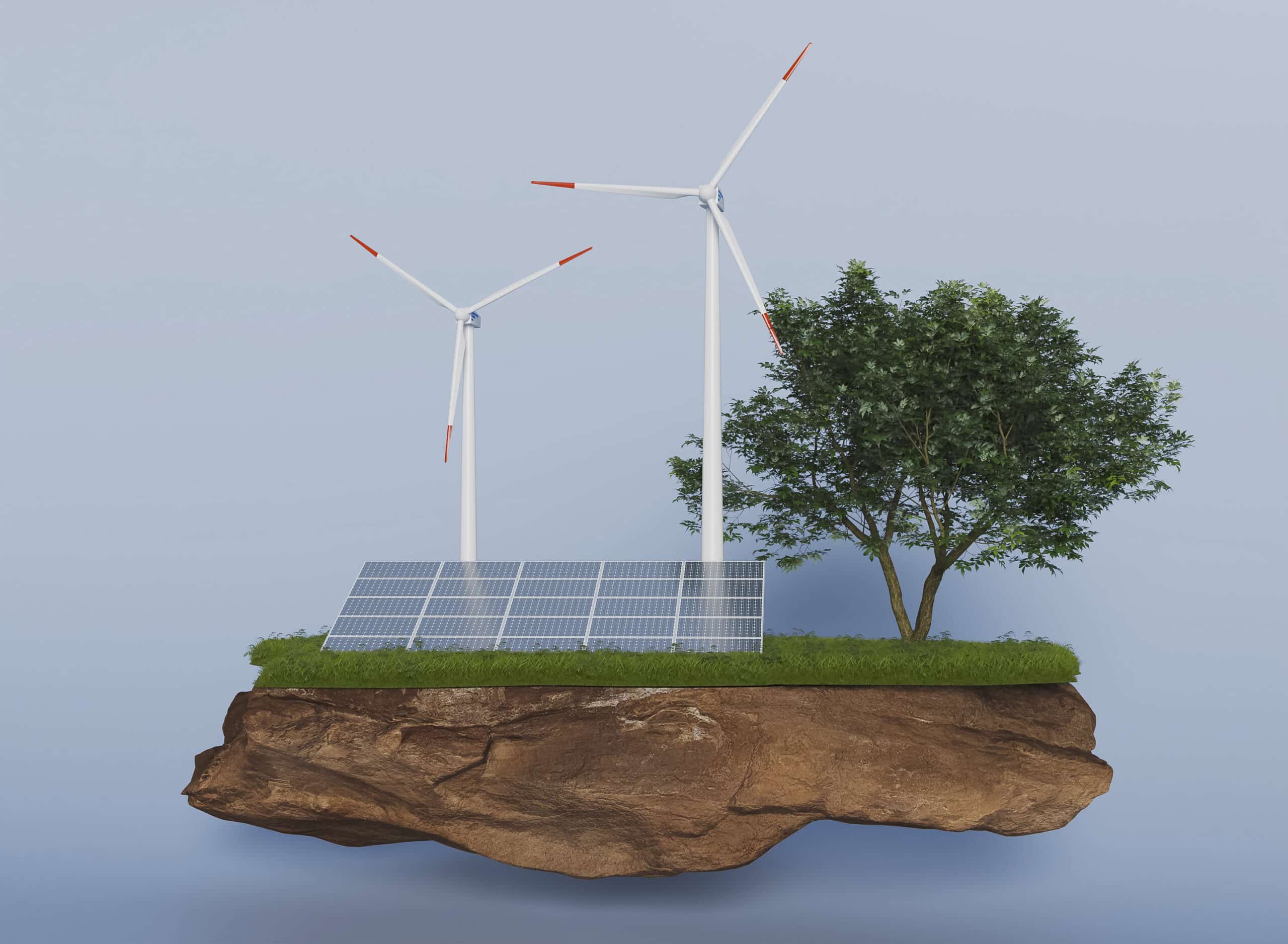Tashkent State University of Economics intends to encourage and assist in switching from fossil fuel-based to renewable energy sources in order to reduce carbon emissions on campus. This policy intends to regulate investments in renewable energy made by the government at Tashkent State University of Economics.
This strategy was developed to promote energy-efficient sources and help cut down on carbon emissions. This strategy acknowledged that continued reliance on fossil fuels causes environmental issues like air pollution, global warming, and threats to biodiversity. This is an internal report on plans and strategies for removing investments from carbon-intensive energy sectors. This policy is applicable to all collaborators and contributors, including Tashkent State University of Economics-owned production companies. As a result, they are urged to spend more money on renewable energy than on energy derived from fossil fuels.
Long-term plans
Create long-term plans for switching to more efficient energy sources and increasing investment in environmentally friendly manufacturing. To achieve Sustainable Development Goals 7 and 13, more funding should be allocated to energy-efficient manufacturing and renewable energy sources. Replace all office equipment with energy-saving models to reduce energy consumption and carbon emissions.
Financial aid is provided to scientific studies examining the benefits and drawbacks of both renewable and nonrenewable energy sources in an effort to raise awareness among TSUE students, staff, and visitors. Weekly dissemination of academic websites and challenge/messenger groups’ research on effective energy solutions Any violation of this policy will be brought to the attention of a Tashkent State University of Economics representative.



